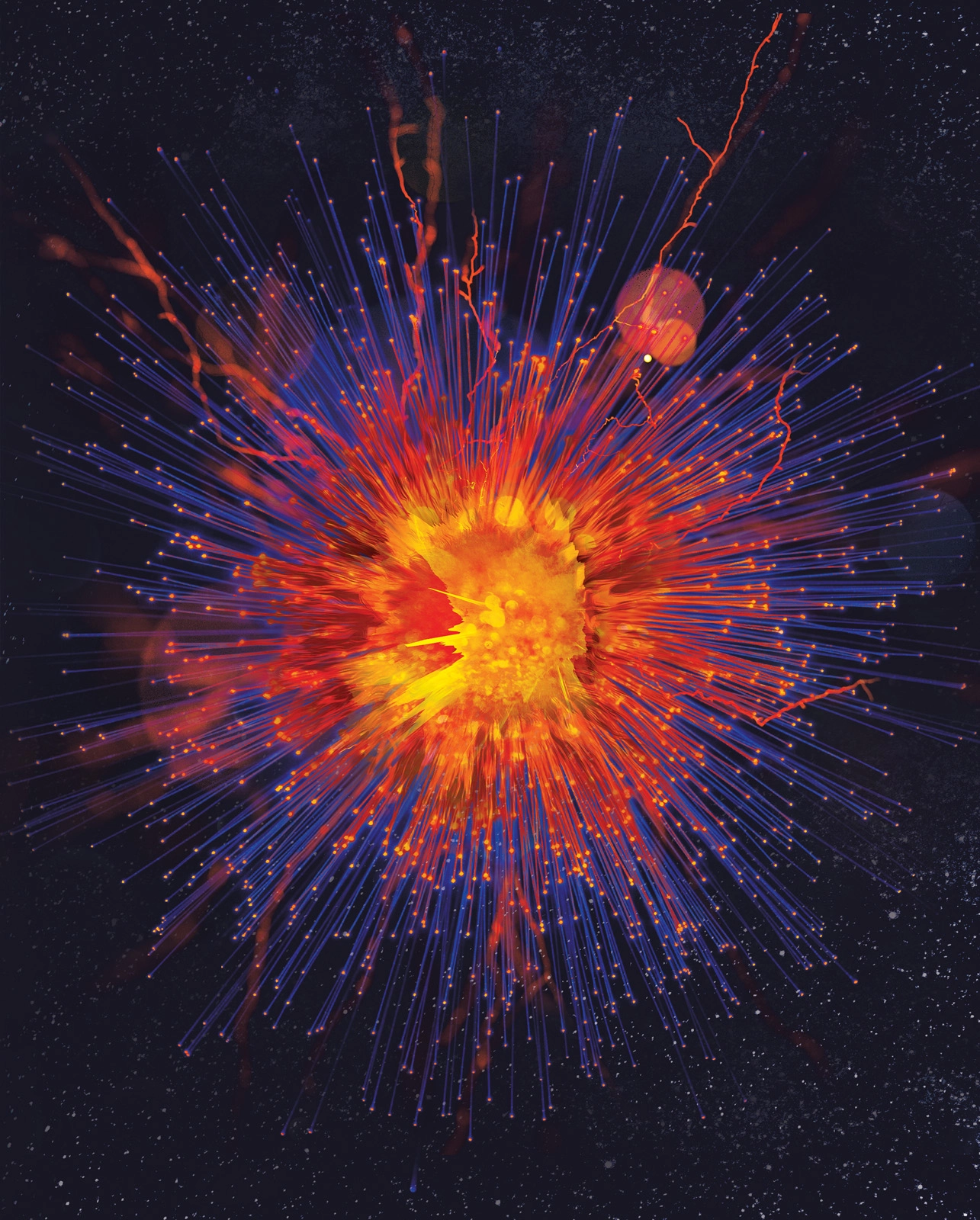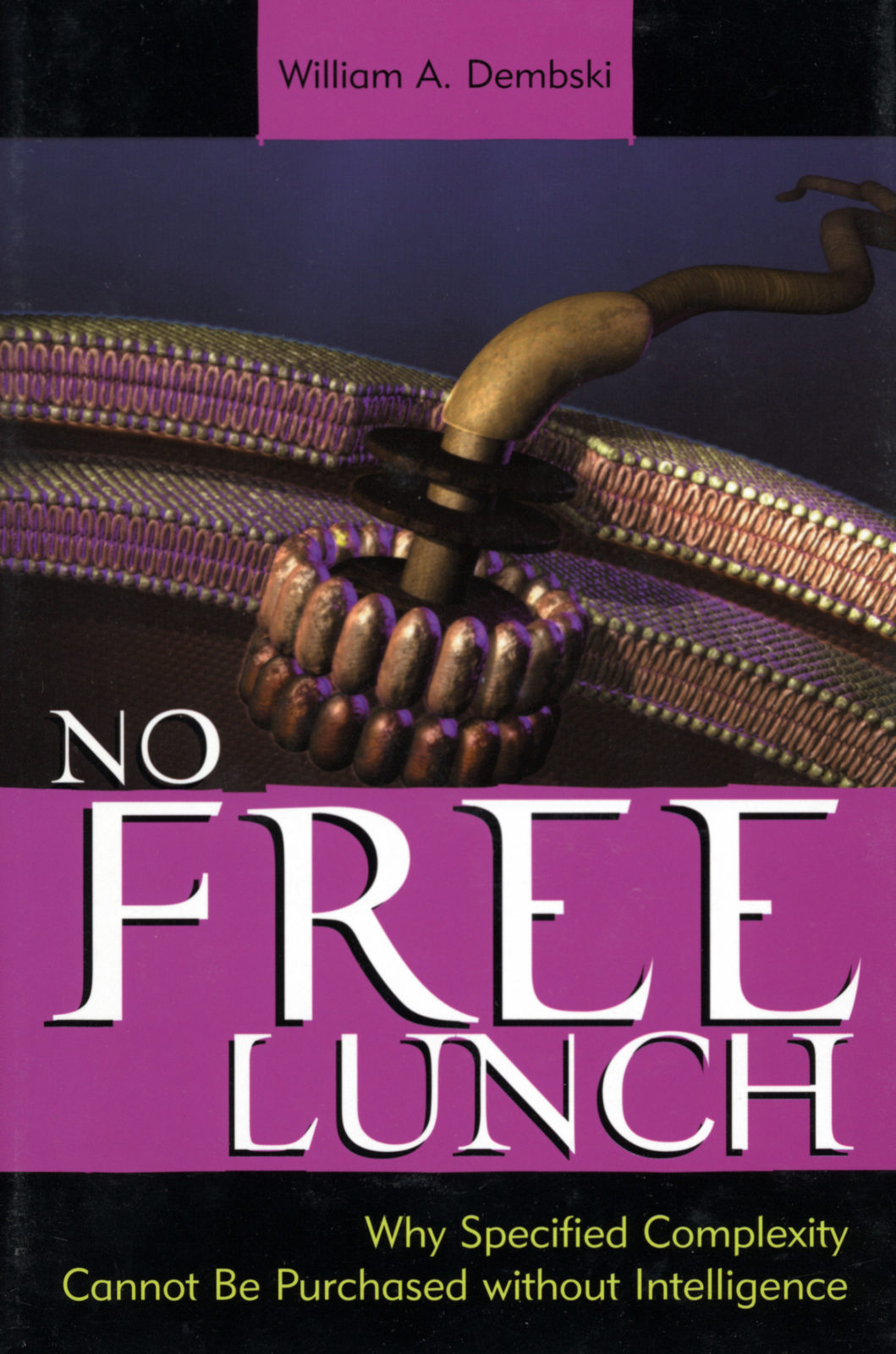


Stephen Meyer: One God or Many Universes?

Physicist Brian Miller Answers the Big Bang Evaders

Design Gets Down and Dirty — Complex Specified Information in Electric Mud

The Information Enigma
Information drives the development of life. But what is the source of that information? Could it have been produced by an unguided Darwinian process? Or did it require intelligent design? The Information Enigma is a fascinating 21-minute documentary that probes the mystery of biological information, the challenge it poses to orthodox Darwinian theory, and the reason it points to intelligent Read More ›

Intelligent Design: A Brief Introduction

A Response to Dr. Dawkins’ “The Information Challenge”
In September, 2007, I posted a link to a YouTube video where Richard Dawkins was asked to explain the origin of genetic information, according to Darwinism. I also posted a link to Dawkins’ rebuttal to the video, where he purports to explain the origin of genetic information according to Darwinian evolution. The question posed to Dawkins was, “Can you give Read More ›

DNA and the Origin of Life

Intelligent Design in Biology
The individuals who make up the Intelligent Design Movement (IDM) came together in the aftermath of the publication of my book Darwin on Trial (Regnery 1991, IVP 1993). The defining purpose of the IDM is to advance the argument that neo-Darwinism has failed to explain the origin of the highly complex information systems and structures of living organisms, from the Read More ›

No Free Lunch
No Free Lunch, the sequel to mathematician and philosopher William Dembski's Cambridge University Press book The Design Inference, explores key questions about the origin of specified complexity. Dembski explains that the Darwinian search mechanism of random mutation coupled with natural selection is incapable of generating novel complex, specified information (CSI).
This observation translates into "No Free Lunch" (NFL) theorems, which Dembski explains are inherent constraints upon natural systems. Natural Darwinian mechanisms can shuffle this information around, but only intelligence can generate novel CSI. In other words, when it comes to generating truly novel biological complexity, Darwin can have no free lunch...